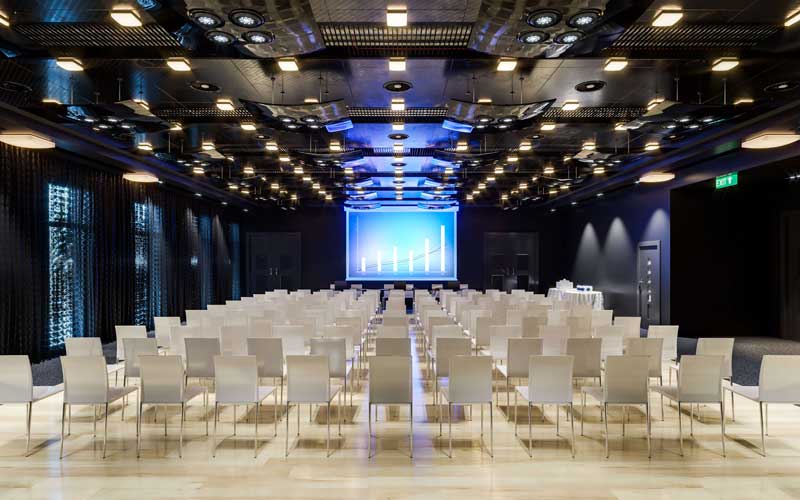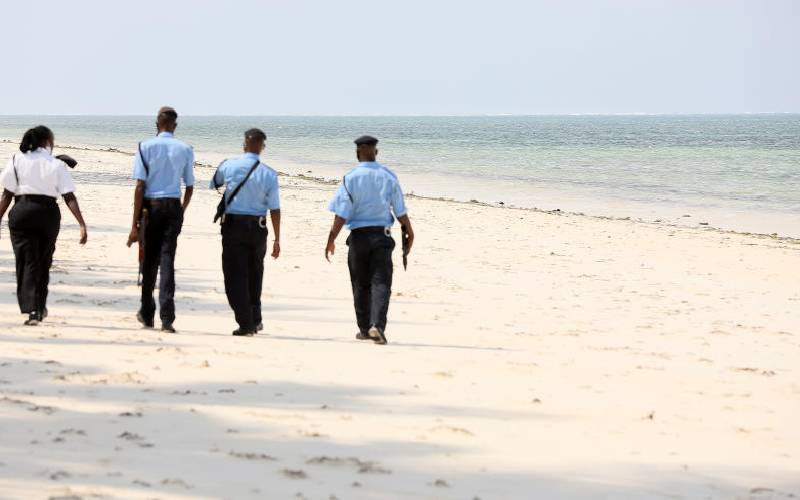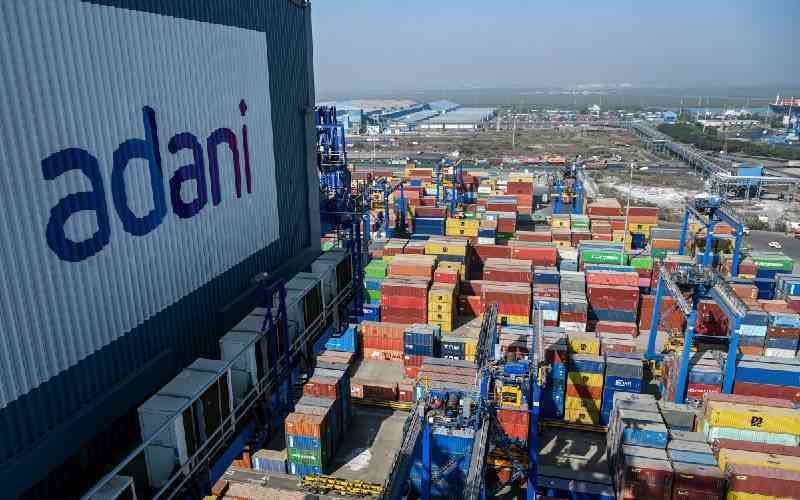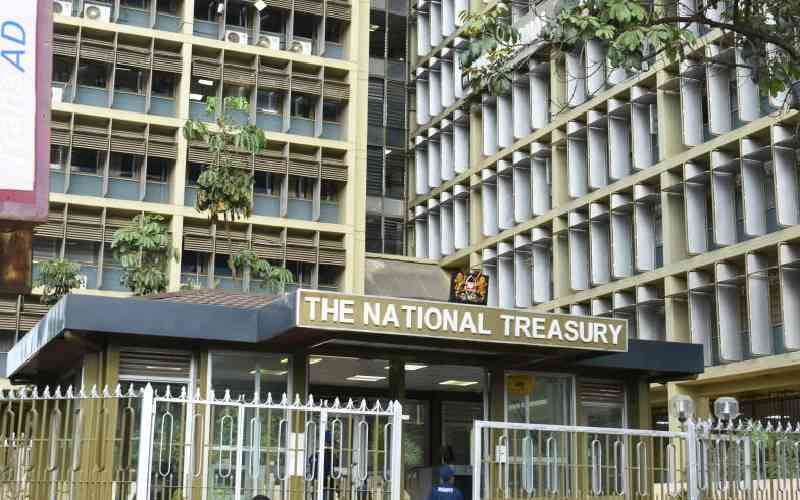
The meetings industry, also known as Business Events Tourism, has come of age. It has firmly placed itself at the centre of tourism as one of the key drivers of the sector’s development and an important generator of income, employment and investment.
In addition to important business opportunities, the meetings industry provides immense benefits to the broader economy as it generates on average a higher spending level, reduces seasonality, contributes to the regeneration of destinations, spreads knowledge and enhances innovation and creativity.
For a sustainable development of business events industry to be realised, a properly anchored and balanced relationship must exist among the ‘trinity’ of sustainable business events: Policy (government), enterprise (business sector) and innovation (research), where each part plays its role individually and collectively.
Policy is the planned formation of social domains through collectively binding decisions. Since the Government is the custodian of laws and regulations, it needs to develop policies for business events tourism that are well thought in conjunction with relevant stakeholders. The policies should guide standards for conference facilities, event management, environmental sustainability, incentive, subsidies and subventions for bidding events.
The enterprise is influenced by the forces of demand and supply. The business events industry is not unique to these forces. The supply of the business events industry refers to the characteristic and products such as accommodation, hospitality and catering, transport, conference and exhibitions, while the demand side refers to conference organisers, delegates, exhibitors and visitors.
The enterprises encompass all stakeholders responsible for both supply and demand from private businesses and community resource managers to public entities entrusted with the management, conservation and commercialisation of all factors.
Facilitates events
Innovation has become critical to economic development and there is a clear statistical link between it and gains in the standards of living. As we have already experienced, the Internet of Things in the 21st century has caused a major disruption in the way business is done.
The supply side of business events is the most challenged as it facilitates business events. As demand side becomes techno-savvy, the more sophisticated their demands are and the supply side is not only expected to keep pace but to outpace them to create a ‘wow’ effect.
Research and innovation touch on scholars, academicians and researchers, among others. With these come principles of collective reasoning, standards and ethics in form of associations, societies and federations.
These professional groups are important in advancement of their distinct fields of knowledge and their linkages to global societies become a key source of demand in the business events industry.
Kenyan universities and their linkages are the bastions of new knowledge creation. These minds create exhibitions, meetings and conferences as opportunities to disseminate, broadcast and bounce off that new knowledge to other similar minds across the globe, and as such the business events industry should encourage and support such initiatives.
Kenya is a renowned tourism jewel in itself and has attracted travellers through the centuries. There is already a strong foundation to propel business events to a successful future.
The recent establishment of a National Convention Bureau forms the apex or the centre of a three-sided pyramid, around which the trinity coalesces.
Stay informed. Subscribe to our newsletter
- The author is a specialist in sustainable business events and tourism development. Email:[email protected]
 The Standard Group Plc is a
multi-media organization with investments in media platforms spanning newspaper
print operations, television, radio broadcasting, digital and online services. The
Standard Group is recognized as a leading multi-media house in Kenya with a key
influence in matters of national and international interest.
The Standard Group Plc is a
multi-media organization with investments in media platforms spanning newspaper
print operations, television, radio broadcasting, digital and online services. The
Standard Group is recognized as a leading multi-media house in Kenya with a key
influence in matters of national and international interest.
 The Standard Group Plc is a
multi-media organization with investments in media platforms spanning newspaper
print operations, television, radio broadcasting, digital and online services. The
Standard Group is recognized as a leading multi-media house in Kenya with a key
influence in matters of national and international interest.
The Standard Group Plc is a
multi-media organization with investments in media platforms spanning newspaper
print operations, television, radio broadcasting, digital and online services. The
Standard Group is recognized as a leading multi-media house in Kenya with a key
influence in matters of national and international interest.










